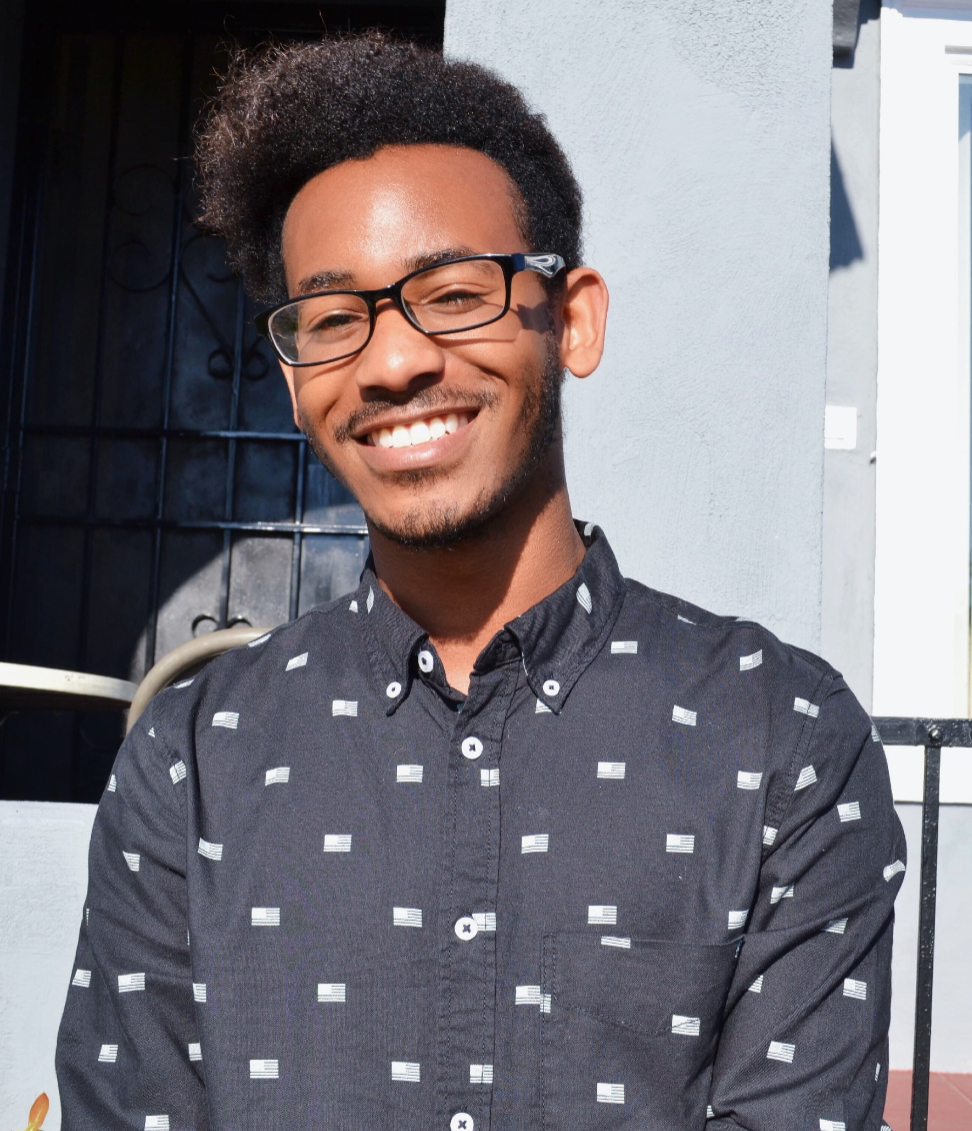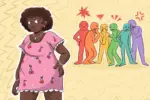Kenya is one of the countries that has used forced anal exams on suspected homosexuals since 2010, along with Cameroon, Egypt, Lebanon, Tunisia, Turkmenistan, Uganda and Zambia. Out of the eight countries, six of them are located in Africa.
Performing forced anal exams is a means of determining a man’s sexuality, with doctors examining a man’s anus to see if it has been stretched, strained or cracked, presumably as a result of anal sex. The exams, however, make no sense as the anus does not function that way. The anus regains its normal shape either immediately or in a short period of time.
Even though it is considered a form of torture by many and no physicians have found medical merit in it, Kenya still remains the only recent country to ban the practice. A particular case came to light by the National Gay and Lesbian Human Rights Commission (NGLHRC) following the 2015 arrest of two men suspected of having gay sex, which is illegal and punishable by more than 10 years. The men in question were subjected to forced anal exams as well as HIV tests.
While in confinement, the men sparking the court decision had their homes searched, which resulted in investigators discovering a video of the TV show, “Queer as Folk,” a program popular for its display and insight into the lives of its queer characters. The jurors in the court saw the video as sufficient evidence that the men were guilty of homosexual activities, causing the NGLHRC and Human Rights Watch to take a stand.
Senior researcher with the Human Rights Watch, Neela Ghoshal, who interviewed both men and the doctor who carried out their exams, told BuzzFeed that the arrests were the result of an online pornography scandal that increased criminal profiling of LGBT people. The backing allowed both men to petition the courts months after the arrests. While they were denied, they appealed again, leading to a final decision this month.
After three years, on Thursday, March 22, Kenyan appeals court declared the “tests” unlawful, a ruling which excited activists. In a statement to BuzzFeed earlier this month, Head of Legal Affairs for Kenya’s National Gay and Lesbian Human Rights Commission Njeri Gateru said that the advocacy group is “thankful that the Appeal Court has put Kenyan citizens’ rights first. With this ruling, the judges are saying that we all deserve to be treated with dignity.”
Many advocates feel that the ruling could possibly elicit a change in the Kenyan penal codes, which works to criminalize and justify violence against the LGBT community.
Across many countries — 76 to be exact — homosexuality is taboo. Despite a long history of persecution, the LGBT community has never wavered in their attempt to achieve equality.
Although there is not a primary central organization to protect LGBTQ+ communities, numerous groups have been founded since the early 19th century. Due to their efforts, the men experiencing forced anal exams, which in 2015 resulted in more than 150 men being arrested and accused of being homosexual, are finally beginning to find solace.
In countries like Africa, where religion is devoutly practiced, the acceptance of the LGBT community is hard to come by. The conservative mindset of religious figures has allowed certain laws, such as the forced anal exams, to come into existence. Even politicians in African countries, including Ugandan Minister of State for Ethics & Integrity Simon Lokodo have vocalized their harsh views on homosexuality.
“I think I shall die,” said Lokodo to The Guardian, in response to the idea of kissing another man. “Just imagine eating your faeces.” Other politicians holding higher power, for instance Gambian President Yahya Jammeh, declared: “We will fight these vermins called homosexuals or gays the same way we are fighting malaria-causing mosquitoes, if not more aggressively.”
In 2014, the Uganda Anti-Homosexuality Act, previously titled “Kill the Gays bill” in the western media, passed after five years of contention, even though approximately 500,000 Ugandans identified as someone under the LGBT bracket. In 36 out of Africa’s 55 countries, same-sex relations are illegal and punishable by death in some states.
Despite the prevalent and hateful attitude toward homosexuals, there still remains hope for the future. In certain countries such as Saint Helena, Madeira, Mayotte and Réunion, there have been slow yet positive changes regarding LGBT laws. Still, same-sex relations are legal in only 22 African countries, which also extends to foreigners.
Homophobia remains a constant threat in many parts of the world, but activists are working to change people’s negative perception, one case at a time. According to Buzzfeed News, activists in Uganda are working to file a case in the next couple of months, and with the decision from Kenya, they hope it will influence and persuade the Ugandan government to remove anti-gay laws.

















